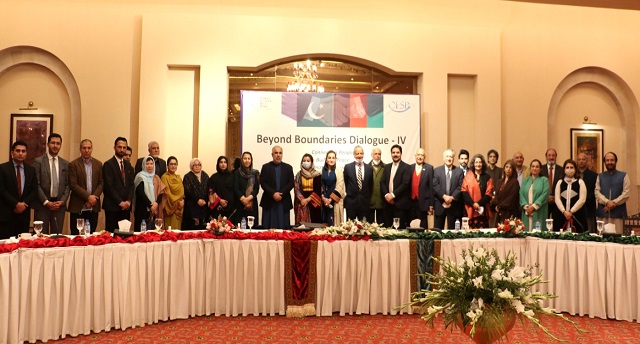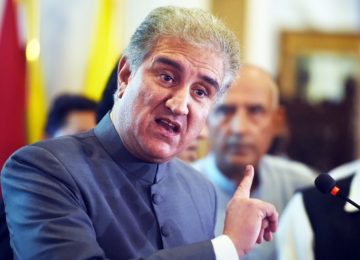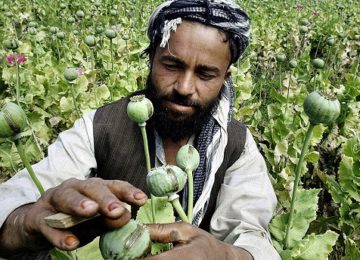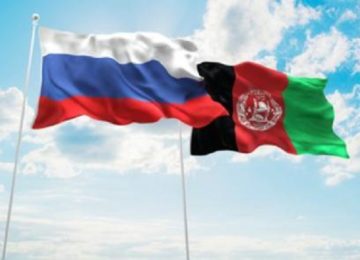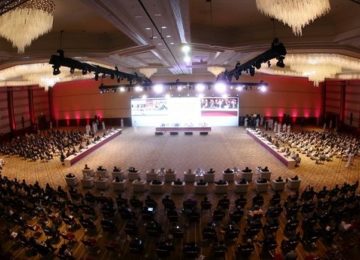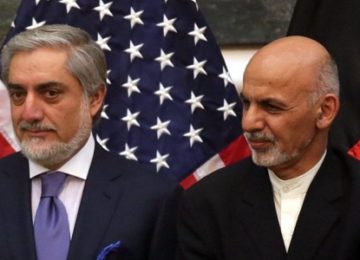December 31, 2020

As part of strategic sideline meetings with the Government of Pakistan, the PAJC held a meeting with the Speaker National Assembly, Mr. Asad Qaiser, at Serena Hotel followed by a dinner on December 23, 2020.
During the meeting, the Speaker termed the relations between Pakistan and Afghanistan to be eternal and intertwined in the bonds of religion, history, and culture. The speaker also stated that it is in the best interest of the two countries to build peace and promote cooperation.
He said that a peaceful Afghanistan is in the larger interest of Pakistan. He commended the commitment of political leadership of both the countries for fostering parliamentary, economic and people to people relations. He said that the parliament feeling the need to bring both countries closer helped activate the Parliamentary Friendship Group comprising all the political parties.
Apprising the meeting about his parliamentary initiatives the Speaker said that recommendations on removing impediments hindering the smooth trade and peoples’ movement across the border have been addressed and forwarded to the executive branch. He said that it was heartening to note that more than eighty percent of the recommendations had been implemented whereas easing visas restrictions approved by the Federal Cabinet and implemented had largely eased the movement of Afghan traders, students, and patients for travel to Pakistan. He said that enhancing trade activities would boost the economies of both the countries, and that the stifled bilateral economic activity due to Covid-19 especially the Afghan transit trade had eased in the past months. He also informed the attendees that the proposal for allowing movement of vehicles from both the countries had been forwarded to the government.
Speaking about the significance of Afghanistan, the Speaker said that Afghanistan could serve as a gateway to Central Asia due to its geographical location. He said that the advent of CPEC had created immense economic opportunities in Pakistan thus extending the economic outreach to Central Asia would be beneficial for Pakistan and Afghanistan. He also suggested for the establishment of border markets, two of which are already in the works. He said that the establishment of such markets would generate employment opportunities and induce upwards momentum in trade activities.
Expressing his optimism, the Speaker said that the Afghan peace process would lead to internal stability and economic prosperity in Afghanistan. He said that people of both countries would benefit from easing cross-border movement and providing economic opportunities to their citizens.
Referring to his recent interaction with Speaker of Afghan Wolesi Jirga Mir Rehman Rehmani and Chairman of the High Council of the Afghan National Reconciliation Dr. Abdullah Abdullah, the Speaker said that they both had agreed to boost meaningful and comprehensive collaboration between both the countries. He said that interaction between legislative bodies would also further strengthen bilateral relations. He said that he had accepted the invitation of his Afghan counterpart and would visit Afghanistan.
Moreover, he lauded the efforts of CRSS in arranging Track II dialogues and consistently recommending relevant technical details to the concerned government stakeholders. He emphasized that along with government interactions, people-to-people contacts through such fora will aid in strengthening the bilateral relations.
At the end of the PAJC’s meeting with the Speaker, CRSS’ Executive Director, Mr. Imtiaz Gul thanked him for his keen involvement in the parliamentary initiatives to boost Pak-Afghan ties. He stated that the efforts of the Pak-Afghan Parliamentary Friendship Group, have resulted in numerous confidences building measures (CBMs), to reduce the trust deficit between the two nations. CBMs, including liberalized visa regime aimed at facilitating Afghan nationals, measures enhancing bilateral and transit trade etc., would help in fostering the relationship between the two neighborly countries.
© Center for Research and Security Studies (CRSS) and Afghan Studies Center (ASC), Islamabad.



